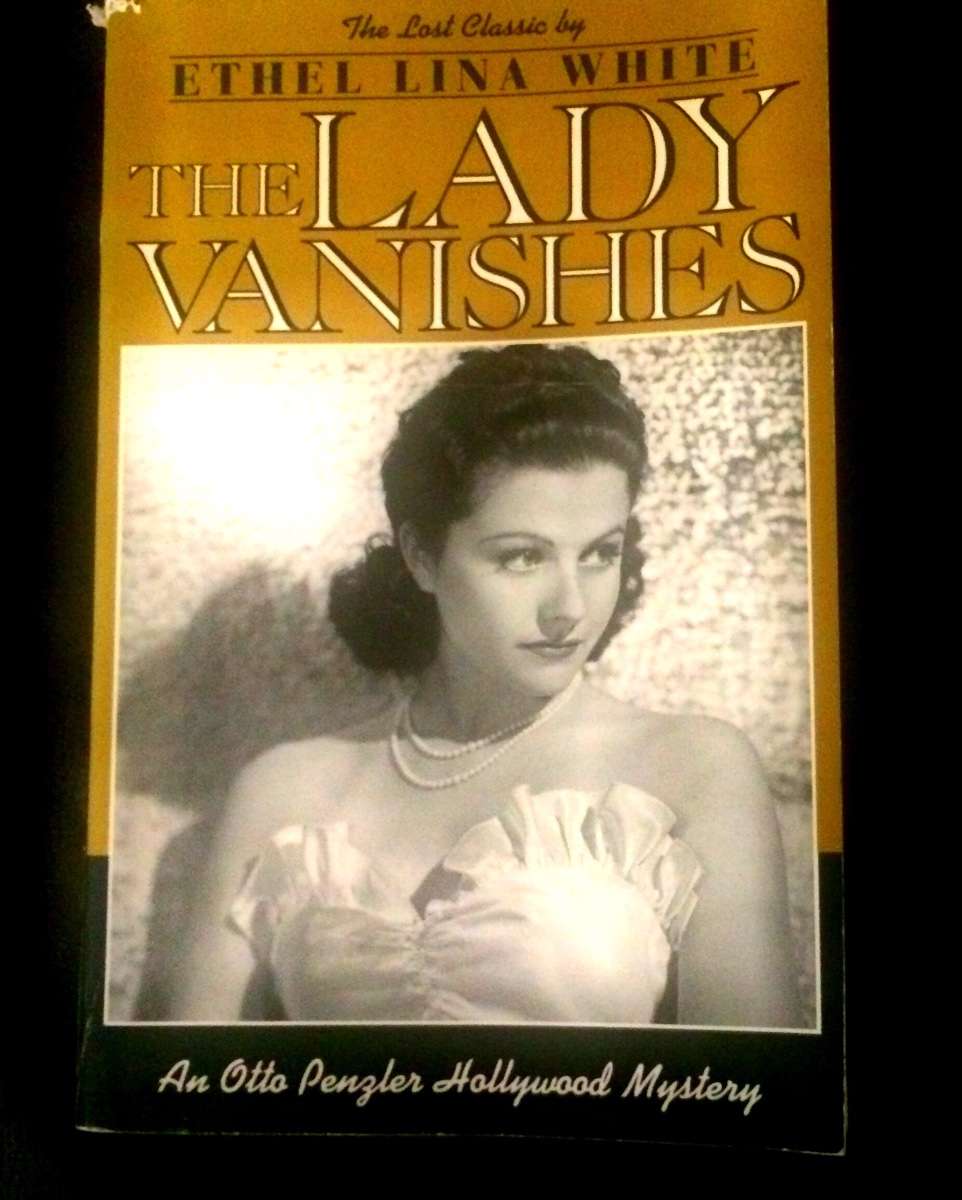"Her witnesses must satisfy the most exacting taste - being British to the core."
Reading the novel that formed the basis of the Hitchcock classic was lots of fun. I'm currently re-watching the film to refresh my memory and there are a great deal of differences and yet some central similarities.
Warning: Spoilers lie ahead.
In the novel, there is quite a lot more back story with Iris and her scandalous friends. This is hinted at in the movie where she throws her money about, drinking champagne and tossing people out of their rooms in the hotel, but neglects the partner swapping and near naked hi jinks of the novel.
Miss Froy, while middle-aged, seems a lot younger in the novel and is not part of a spy ring, so as you can imagine, the central business of the story is changed significantly.Mind you, I absolutely love the Miss Froy of the movie - it is almost impossible to watch the film without loving her.
In the novel we learn to harbour a fear of the Doctor character far earlier on, with Miss Froy's tale about the wrongly diagnosed young woman trapped in the asylum.
The reason for the lady vanishing in the novel lies more in what Miss Froy is a witness to rather than humming a tune to relay information back to the Foreign Office as in Hitchcock's film.
Put simply, both works are great and I really enjoyed their differences. The novel reads more like a morality tale in some ways. Ignoring and treating fellow hotel guests with disdain leads to a lack of sympathy from them when Iris gets into trouble. All the passengers, particularly the 'newly-weds' (the adulterous couple whose story is more fleshed out in the novel) have their reasons to ignore Iris' pleas for help, wanting an uninterrupted return to England and thus put the life of Miss Froy in danger.
The movie to me, seems more about the growing love story that guides Iris' progress and I confess to enjoying the visually appealing couple in focus.
5 out of 5 train trips are never this eventful.


No comments:
Post a Comment